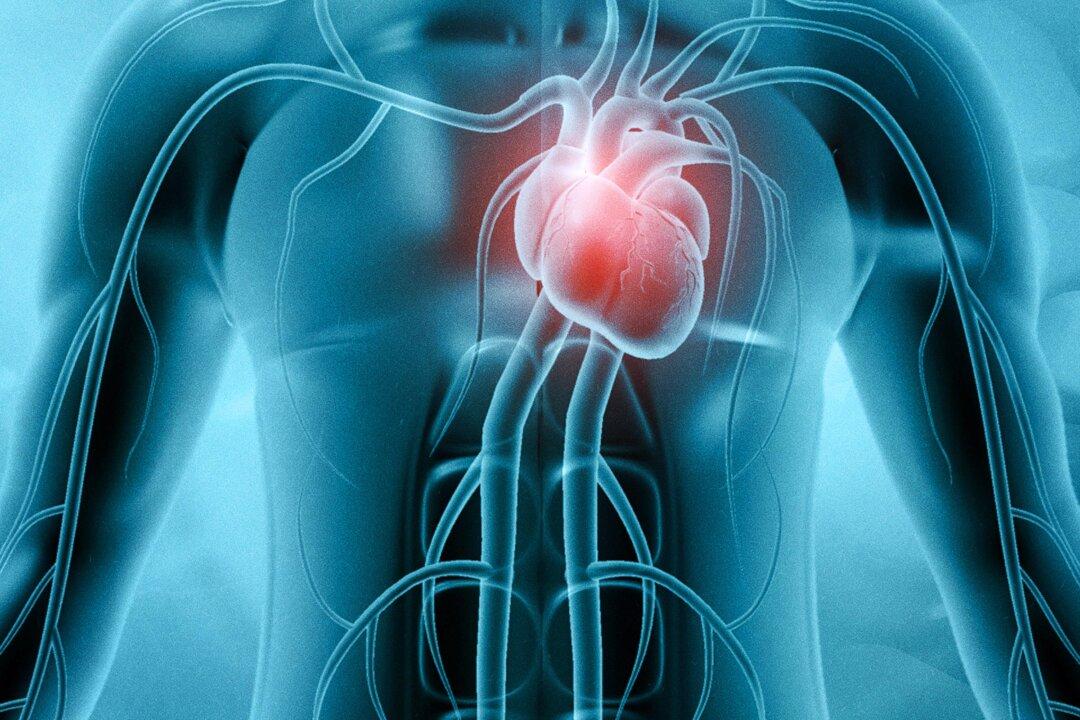Recent research reveals that taurine—a naturally occurring amino acid found in various foods and commonly included in energy drinks and dietary supplements—may inadvertently promote the growth of leukemia cells. This discovery raises concerns that products marketed to enhance energy levels could pose a risk to blood cancer patients during their treatment.
How Leukemia Cells Feed Themselves
The study, published in Nature, suggests that leukemia cells cannot produce taurine on their own and instead hijack specialized transporters to snatch this amino acid directly from the bone marrow, where blood cancers originate. Once absorbed, taurine supercharges the cancer cells’ ability to break down glucose for energy, fueling tumor growth and helping the disease spread.Using genetically engineered mouse models, researchers mapped how the bone marrow environment changes during leukemia progression.
They found that special bone-forming cells, called osteolineage cells, increase their production of taurine as the disease worsens—essentially feeding the very cancer cells trying to destroy them.
The cancer cells rely on a specific transporter protein to grab taurine from the surrounding healthy tissue. Once inside the leukemia cells, taurine promotes glycolysis, the process cells use to convert glucose into energy—giving cancer cells the fuel they need to grow and multiply.
Leukemia cells are unable to make taurine themselves, so they rely on a taurine transporter to grab taurine from the bone marrow environment and deliver it to the cancer cells, Bajaj told The Epoch Times.
Clinical Implications
The findings may carry immediate implications for the estimated 66,000 Americans diagnosed with leukemia each year.Analysis of human tissue samples shows that patients with higher levels of the transporter protein had worse outcomes and greater resistance to treatment—particularly those with aggressive leukemia subtypes.
Taurine supplements are commonly recommended to help cancer patients manage chemotherapy-related fatigue and other side effects. Energy drinks containing taurine are also popular among young adults, a demographic that includes many leukemia patients.
“Taurine supplements could significantly accelerate disease progression in immunocompetent mice,” the authors wrote.
In mouse experiments, animals lacking the protein transporter lived 13.5 percent longer than control groups, demonstrating taurine’s significant role in cancer progression.
Dr. Hoda Pourhassan, a hematologist-oncologist at City of Hope in Newport Beach, California, who was not involved in the study, said the results warrant caution.
A New Target for Treatment
Researchers found that by blocking an enzyme that helps make taurine in bone cells, they could significantly lower taurine levels in the bone marrow. This, in turn, reduced the number of cells that drive the disease and cause relapses.“The key takeaway from this study is that taurine can be used by leukemia cells to promote cancer progression,” Bajaj said. “Developing new methods to block the cancer cells’ ability to take in taurine may improve outcomes for leukemia patients.”
Next Steps
Researchers stress that their findings do not suggest taurine itself causes cancer or that consuming taurine-rich foods increases leukemia risk in healthy people.Taurine is a naturally occurring amino acid that healthy adults can produce efficiently when needed, according to Pourhassan. Unlike essential amino acids used to build proteins, taurine serves other cellular functions, and deficiencies are rare even with limited dietary intake.
“As a result, a ‘taurine deficiency’ isn’t something we generally see even when limiting taurine intake,” she said.
However, Pourhassan cautioned that cancer biology remains complex.
“It would be great if the results of these studies could be streamlined to a simple ’this substance causes cancer‘ or ’this thing keeps cancer from happening,’” she said. “But unfortunately, cancer—and specifically leukemia growth—is incredibly intricate and complex.
“As we continue to learn more, use of taurine-enriched products and supplementation should perhaps be implemented with thoughtfulness and caution.”







